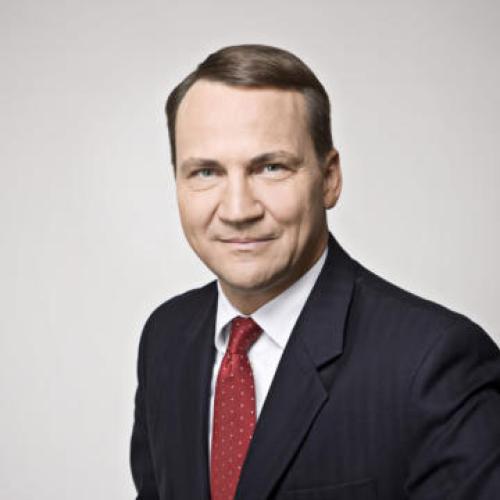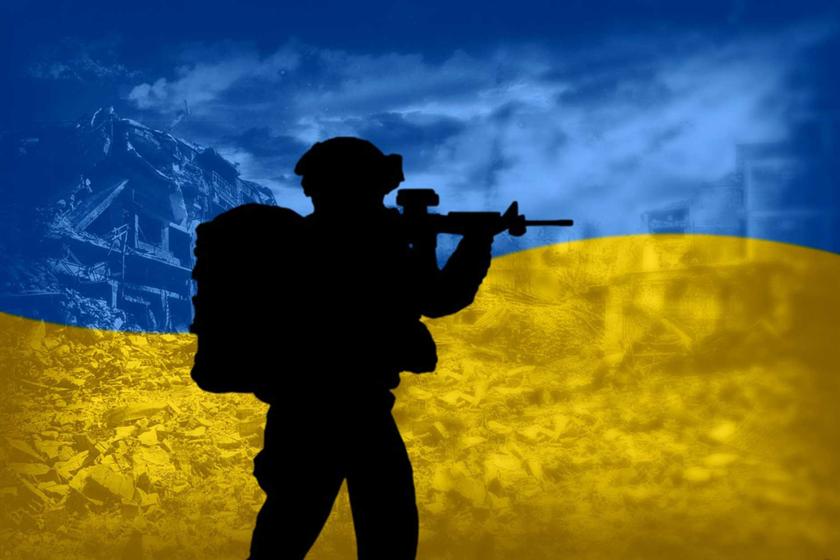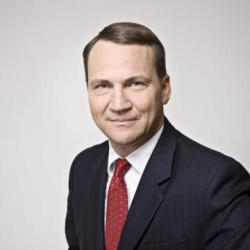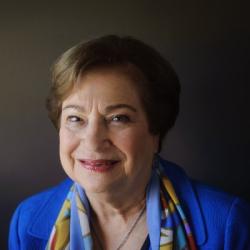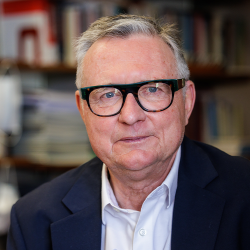Radoslaw Sikorksi is a member of the European Parliament where he serves on the Committee on Foreign Affairs (AFET), the Special Committee on Artificial Intelligence in a Digital Age (AIDA) and the Subcommittee on Security and Defense (SEDE). He also chairs the Delegation for relations with the United States. At Harvard University, he is a senior fellow at the Minda de Gunzburg Center for European Studies.
Prior to his election to the European Parliament in 2019, Sikorski served as minister of national defense of Poland from 2005 to 2007, minister of foreign affairs from 2007 to 2014, and marshal of the Sejm (speaker of Poland’s parliament) from September 2014 to June 2015. Sikorski is the author of several books, including Dust of the Saints and The Polish House: An Intimate History of Poland. In 2012 he was named one of the top 100 global thinkers by Foreign Policy magazine “for telling the truth, even when it’s not diplomatic.”
Sikorski graduated from University of Oxford with a B.A. and an M.A. in politics, philosophy and economics (PPE). He headed the students’ strike committee during the unrest in Bydgoszcz in March 1981 and was granted political asylum in Great Britain in 1982-89. He was a war correspondent in Afghanistan and Angola in 1986-89. In 1987, Sikorski won the World Press Photo award for a photograph taken in Afghanistan. As deputy minister of national defense in 1992, Radosław Sikorski initiated Poland’s NATO accession campaign. In 1998-2001 he served as deputy minister of foreign affairs of Poland and honorary chairman of the Foundation for Assistance to Poles in the East. From 2002 to 2005, he was resident fellow at the American Enterprise Institute in Washington, D.C. and executive director of the New Atlantic Initiative. He was editor of the analytical publication European Outlook and organized international conferences on topics such as UN reform and the 25th anniversary of the Solidarity movement. He appeared before the U.S. House of Representatives’ Committee on Foreign Affairs as an expert on Atlantic issues




